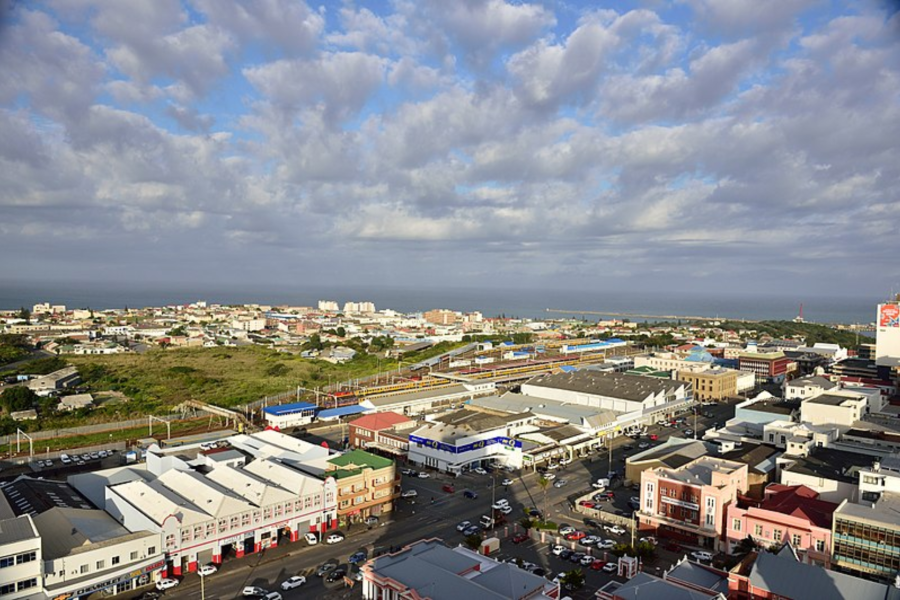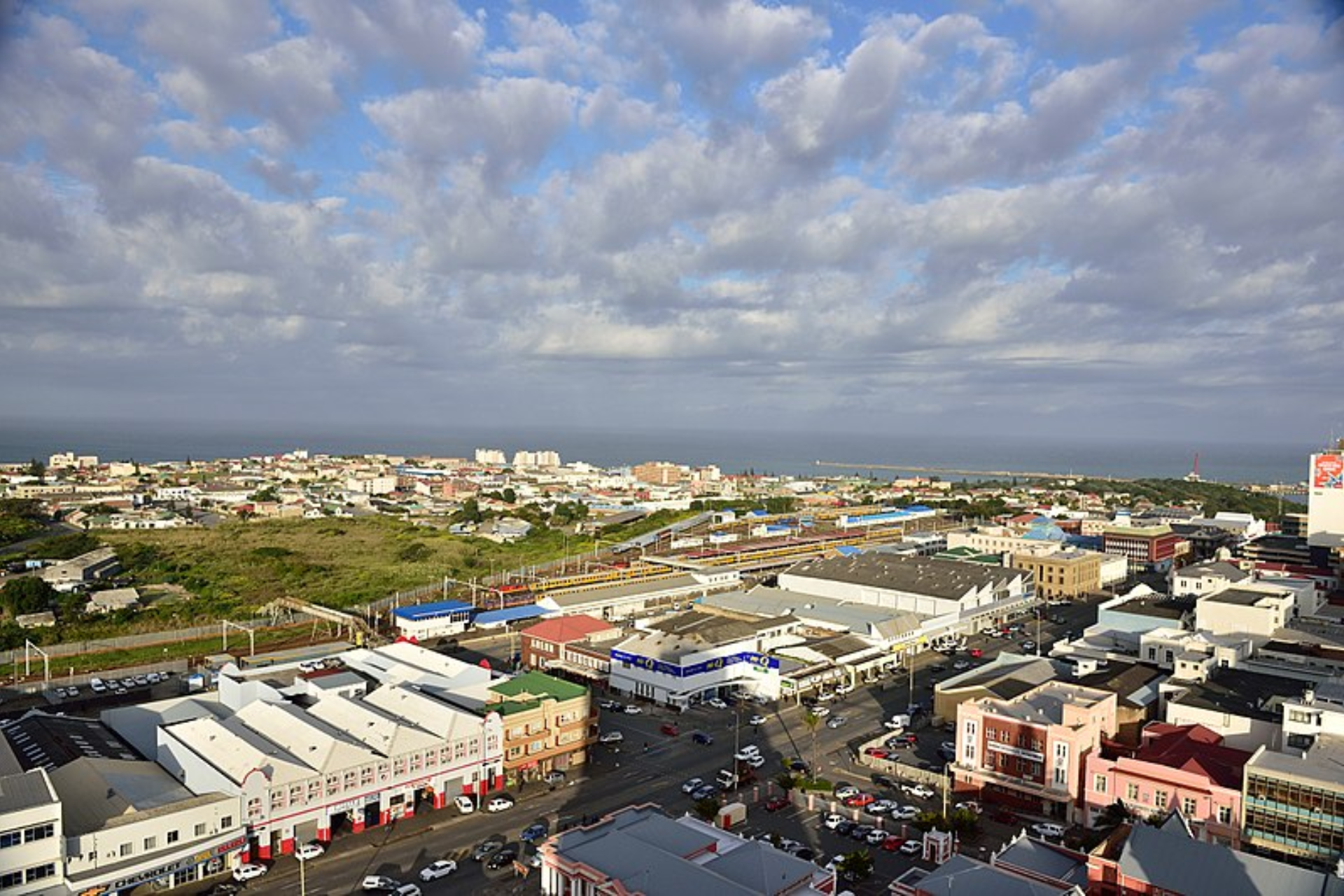
Another cattle ship has arrived in SA, this time in East London
Following the cattle ship drama in Cape Town in February, another Middle-East bound livestock ship has docked in South Africa.

In February a foul smell engulfed the city of Cape Town. It was soon discovered that the smell was emanating from 19 000 cattle, kept in “deplorable conditions” aboard a ship in the Cape Town harbour.
The Society for the Prevention of Cruelty to Animals (SPCA) detailed how these conditions caused some cattle to die, while others sustained injuries.
The cattle were being shipped from Brazil to Iraq aboard an Al Kuwait vessel, and stopped in Cape Town to stock up on animal feed. The incident raised questions around animal welfare and South Africa’s export laws.
FROM EAST LONDON TO THE MIDDLE EAST
Now, cattle, goats and sheep are being loaded onto the livestock carrier Al Messilah, destined for the Middle East.
This time the National Council of SPCAs (NSPCA) has raised the alarm over infectious disease outbreak at a feedlot housing 56 000 sheep destined for the live export, writes TimesLive.
The NSPCA is concerned about the animals’ welfare and fear that many of them won’t survive the three-week journey.
“The NSPCA has, through veterinary laboratory testing and visual examination, confirmed the presence of contagious ecthyma,” the NSPCA said.
“This is an infectious dermatitis of sheep and goats which is also contagious to humans, [found] in the Al Mawashi feedlot contained in the herd bound for Kuwait and Saudi Arabia.”
SIXTY-THOUSAND SHEEP
Animal rights groups met with the Al Mawashi vessel on Tuesday when it docked at East London harbour to document “animal exploitation”.
About 60 000 sheep, 1500 cattle and 200 goats are expected to be loaded onto the vessel and taken to Kuwait and Saudi Arabia.
“Should this shipment be rejected by Kuwait and Saudi Arabia, the South African government has confirmed to the NSPCA that South Africa will not be able to accept the returning animals,” the organisation said.
“The NSPCA is therefore concerned about the risk that these animals will be left stranded at sea.”
ALSO READ: UK rail services struggling as train drivers strike
